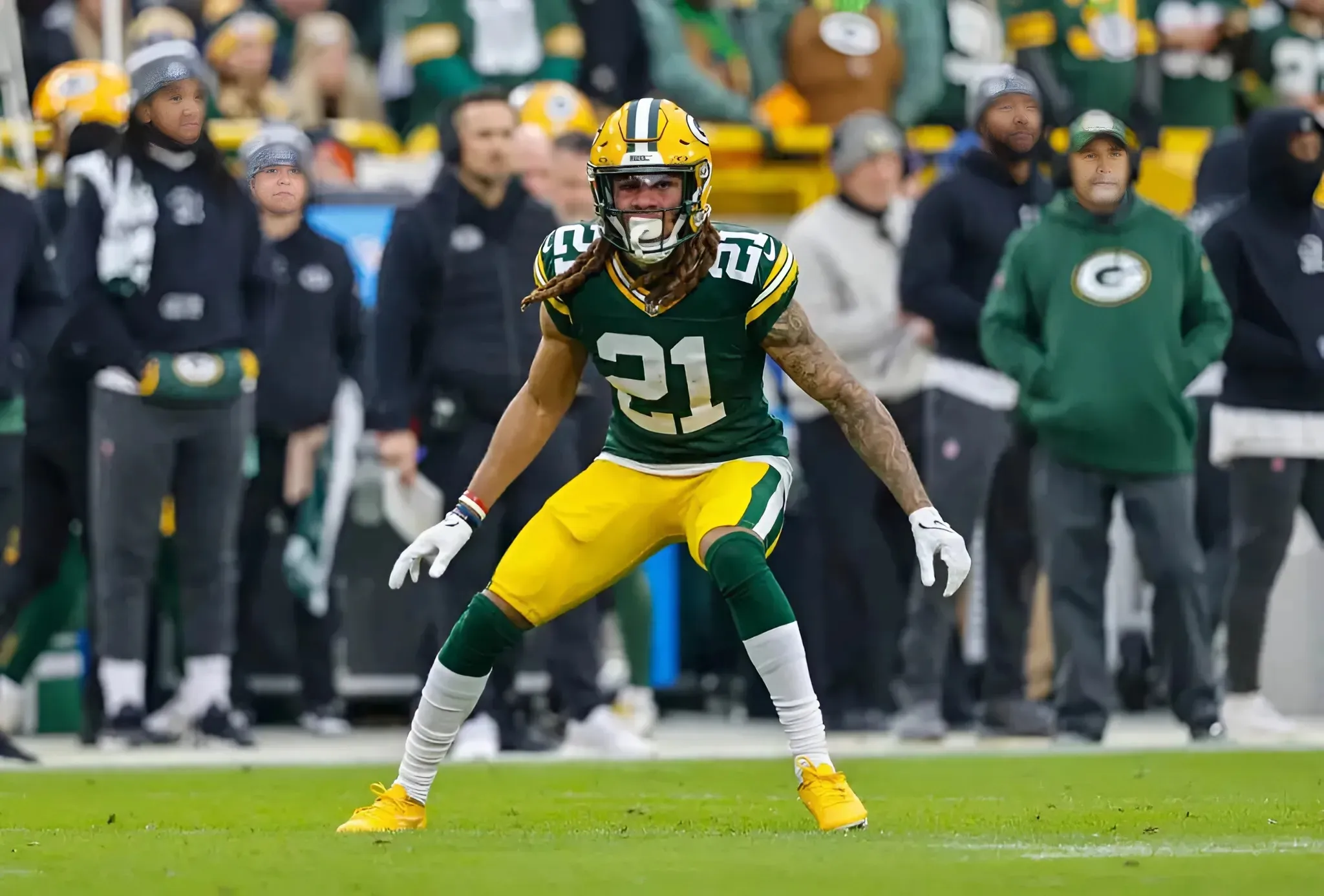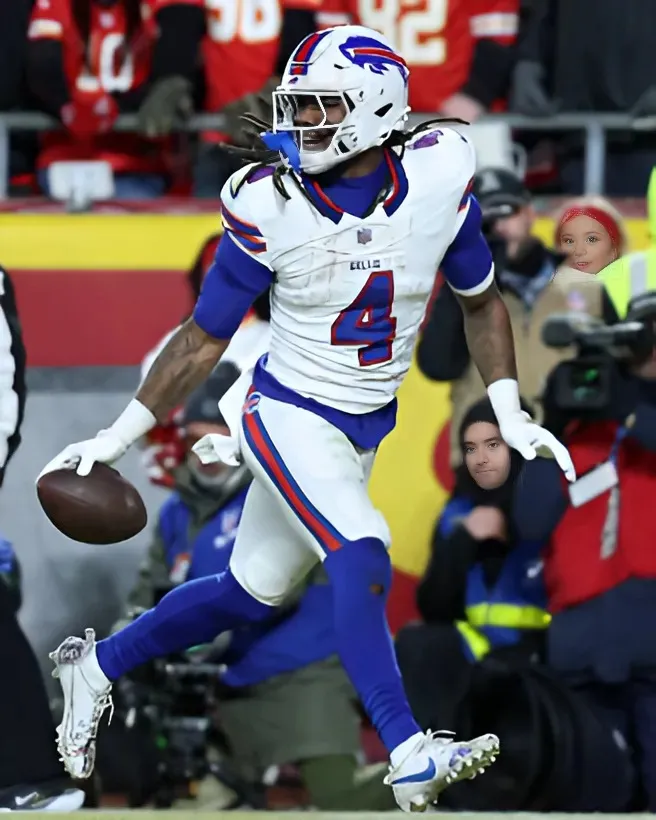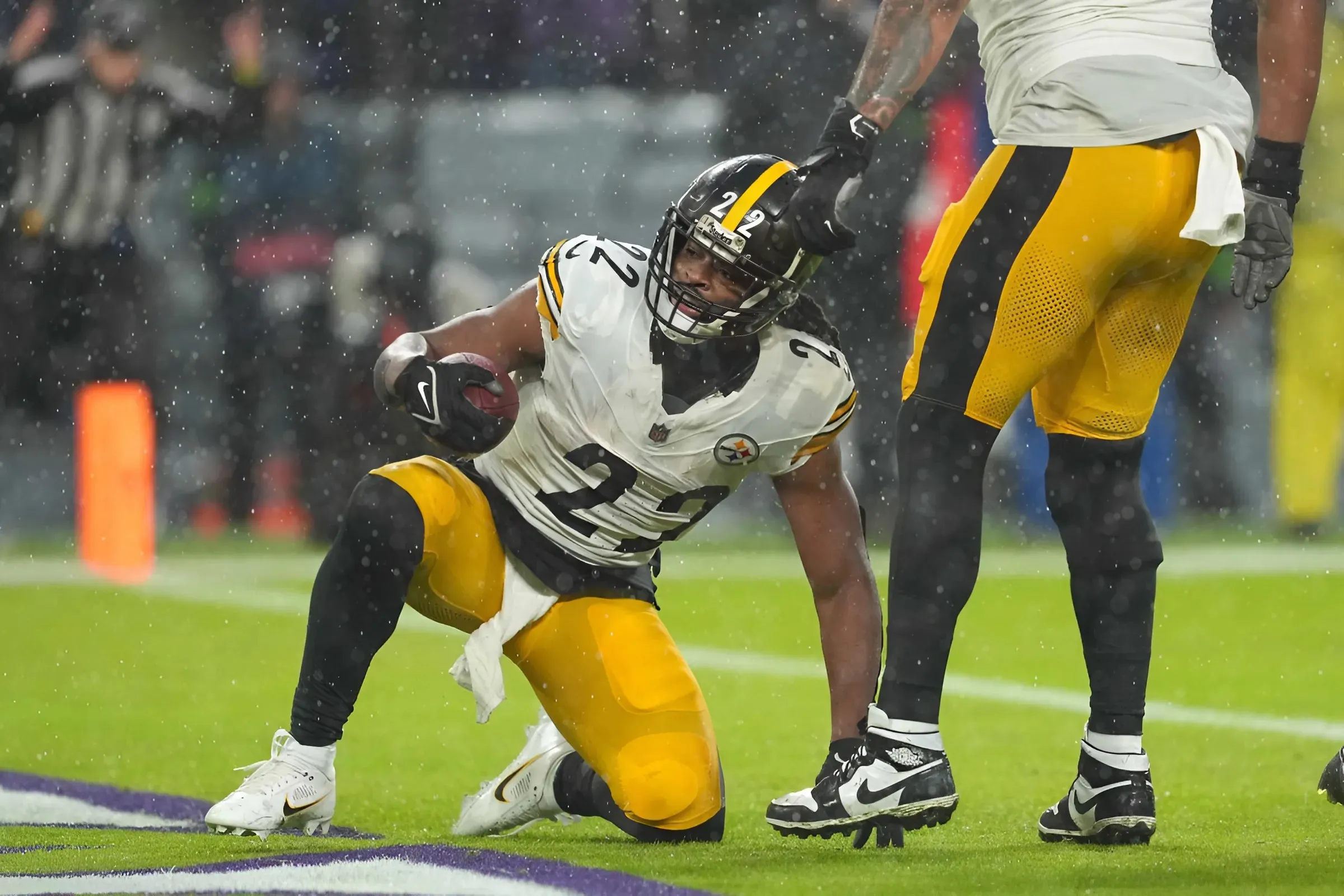
Jeffrey Lurie came out swinging in defense of the tush push as the Owners Meetings in South Florida wrapped up on Tuesday when the vote to ban the push was tabled until May, as the banning committee tries to drum up more votes to reach the required 24 to outlaw it.
The Eagles owner effectively knocked down the two pillars that the league used to prop up its reason for trying to kill it.
First, the player safety issue that Buffalo Bills coach and Philadelphia native Sean McDermott tried to use as an excuse, only to look foolish trying to use it once it was pointed out that there isn’t a shred of evidence showing a single injury has occurred on the play. McDermott said that it “could” cause an injury. Well, so can playing football, or any other sport. By McDermott’s way of thinking, all sports would be banned.
“I want to know what data there is (of the play capable of causing an injury),” Lurie said to reporters in West Palm Beach. “I don’t think there is any. If you wanna say that it could be, it’s hard to make rules on could be’s and should be’s.”
Lurie pointed out that the Eagles are all about player safety, voting to outlaw the hip-drop tackle and to protect defenseless receivers.
“If there it was any injury concern, I’d be concerned,” he said.
Lurie went as far as to say that the tush push is safer than the conventional quarterback sneak.
“If you talk to quarterbacks about it, there’s more spearing going on, they’re less protected by players around them, and one of the reasons we got motivated to develop an expertise in this play is it was more protective to the quarterback,” he said. “It’s ironic that people would bring up health and safety.”
Second, the tush push doesn’t look like a football play, or, as the head of the NFL’s competition committee, Falcons CEO Rich McKay referred to it - the aesthetics. It’s not pretty? Really?
Lurie riddled that argument with holes.
“I remember reading about the forward pass and they said it really was an odd play that is no part of American football, so it was controversial when the forward pass came out,” he said. I think aestheticism is very subjective. I’ve never judged when a play looks OK. Does a screen pass look better than an in-route or an out-route? I don’t know. For me it’s not a very relative critique that it doesn’t look right or something like that. What looks right?”
Finally, one executive told ESPN that the uproar to ban it “reeks of jealousy” because other teams can’t do it or stop it. McDermott and the Bills likely fall into this category since they were 0-4 attempting it in losing to the Chiefs – again – in the playoffs, and they have one of the game’s biggest quarterbacks in Josh Allen.
“It’s a precision play,” said Lurie. “It’s very practiced. We devote a lot of resources to the tush push. We think we have an unusual use of personnel because we have a quarterback (Jalen Hurts) who can squat over 600 pounds and an offensive line that’s filled with All-Pro players. That combination with incredible detailed coaching with (offensive line) coach (Jeff) Stoutland has created a play we can be very successful at.”
The owner pointed out that the Eagles’ heavy usage of the RPO on offense when they went to the Super Bowl two years ago. The league figured it out and the Eagles usage of the RPO went down considerably.
“There’s an ebb and flow to offense and defense and typically one of the great things about professional football is that defenses adjust to offenses and offenses adjust to defenses every year,” he said.
“I don’t ever remember a play being banned because a single team or a few teams were running it effectively. It’s part of what I think what I love and we love most about football is it’s a chess match. Let the chess match play out.”



